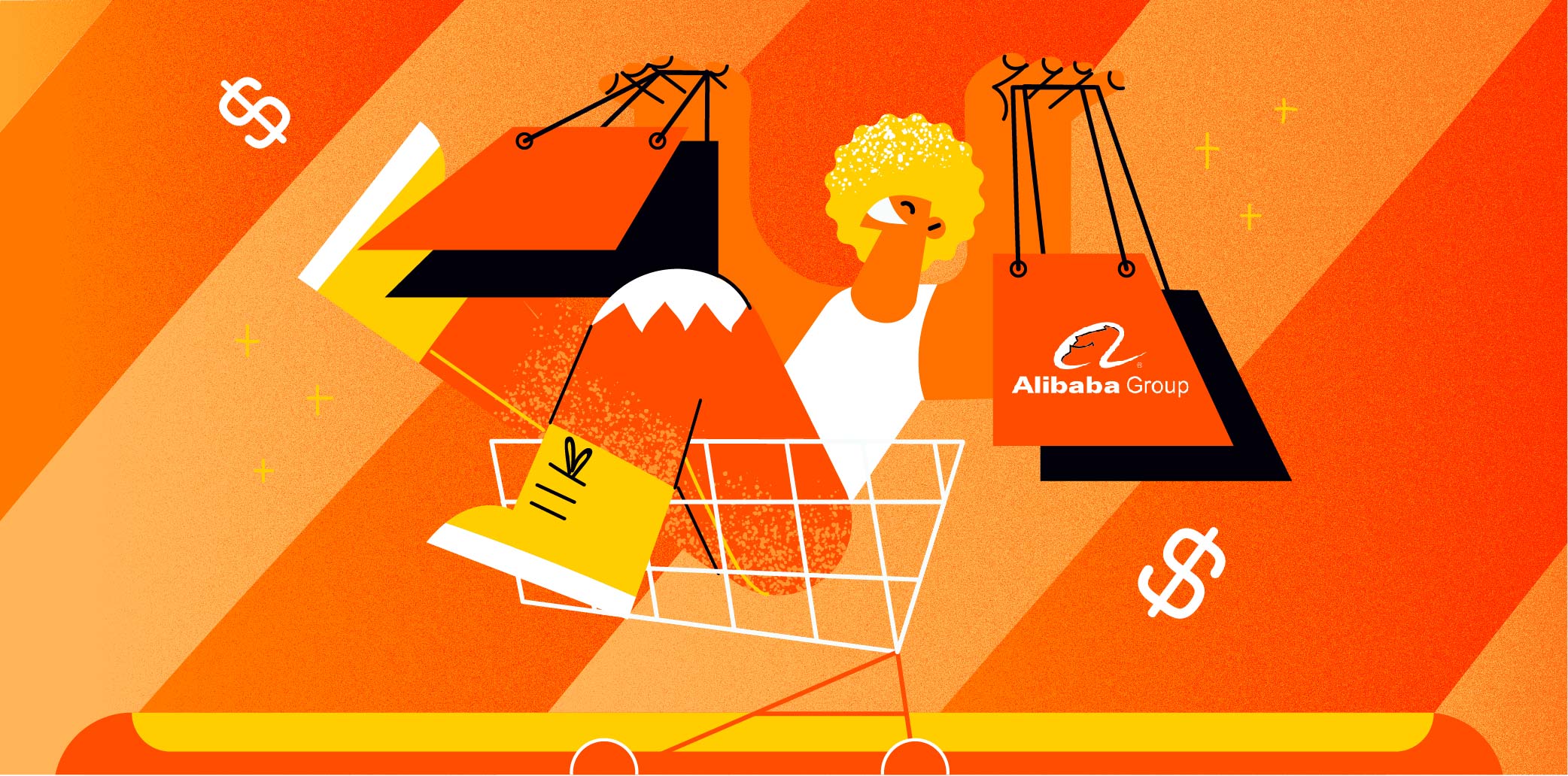Alibaba, Tencent, and Baidu are among the Chinese tech giants preparing to announce their first quarterly results since Beijing abruptly abandoned its zero-COVID policy in late December.
PDD Holdings (formerly Pinduoduo), Meituan, and Netease are also gearing up for an earnings season that is expected to focus on the post-pandemic economy, the mood among regulators, and hype over ChatGPT.
Analysts expect fourth-quarter revenue to be muted for most companies due to the lingering effects of the government’s strict COVID measures. Profit margins, however, are estimated to have improved after a year of cost-cutting efforts that focused on scaling down noncore businesses and laying off workers.
Combined revenue at China’s internet companies shrank by just over 1% to RMB 1.46 trillion (USD 210 billion) in 2022, the first contraction in almost 10 years, according to data from the Ministry of Industry and Information Technology. COVID-19, a global economic slowdown, and tight regulatory scrutiny all weighed on the sector.
With the full impact of the end of zero-COVID not yet reflected in earnings numbers, executives’ comments on the current quarter and outlook for the year ahead will be of particular interest to investors and analysts.
Any comments on ChatGPT-like services will also be scrutinized closely. Several companies, including Alibaba, Tencent, and Baidu, recently announced plans to introduce their own versions of the AI-powered chatbot that has taken the tech world by storm. So far, few have laid out concrete road maps for implementing and commercializing such technology.
Investors will likewise be keen for any indication that Beijing is serious about supporting the private tech sector. Late last year authorities indicated a more relaxed approach by — among other things — issuing more video game licenses and allowing fintech player Ant to raise more money. Share prices of tech companies jumped on these developments, and the Hang Seng Tech Index, which tracks the 30 largest tech companies listed in Hong Kong, has jumped more than 55% after tumbling to an all-time low in October.
But concerns over possible future crackdowns and regulatory risk more broadly are unlikely to fade anytime soon.
“At this point you feel that [the authorities] are more interested in encouraging rather than discouraging the private sector. It is almost like when it is a rainy day you drive slow and when it’s a sunny day you drive fast, right?” said Hurst Lin, co-founder of DCM China, a Beijing-based venture capital firm.
“It’s more like that they’re adjusting their policy as they see the current economic environment in China is on the downside rather than on the upside.”
Alibaba will report its October-quarter earnings on Thursday. The e-commerce giant has been struggling to maintain its growth momentum amid an economic downturn and fierce competition from rivals JD.com and Pinduoduo. Domestic commerce, the core of Alibaba’s revenue, is expected to shrink for the first time ever after remaining flat for two straight quarters, according to analysts surveyed by Refinitiv. The segment accounts for 65% of Alibaba’s sales.
In the past, sales in October to December always showed a big jump from the previous quarter, mainly driven by the Single’s Day shopping blitz in November. But last year, for the first time, Alibaba did not reveal a sales total for its signature shopping campaign, leading analysts to speculate the figure declined for the first time in the event’s 14-year history.
Meanwhile, Alibaba’s smaller rival Pinduoduo is estimated to see sales and marketing expenses surge by around 60% on the year. The company, known for its ultra-low prices, spent aggressively on overseas marketing in the fourth quarter after launching its North American site Temu in September.
With its ambition to crack the U.S. e-commerce market, Temu aired a 30-second commercial during the Super Bowl on February 12. The ad ran twice during the game at an estimated cost of more than USD 10 million. Temu’s weekly gross merchandise value (GMV) reached an all-time high of more than USD 50 million in the week through Feb. 5, according to market research specialist YipitData. GMV is a term widely used in the e-commerce sector as an indicator of revenue.
Chelsey Tam, a senior equity analyst at Morningstar, said investors might have concerns over the size of the marketing expense. “Pinduoduo faces high costs with losses initially, which doesn’t bode well amid the current higher interest rate environment,” she said.
On the gaming front, Tencent has received permission to commercialize 10 new titles since late September. China appears to have resumed the approval process for video games after a long pause, a good sign for both Tencent and its rival Netease.
Alicia Yap, a Hong Kong-based analyst at Citi, said the normalization of title approvals “sends an important signal that regulators are likely satisfied with the effectiveness of minor protection implementation policy and pleased with the improved content quality.” She said there could be 1,000 or more such approvals this year.
To push back against rival platforms, and reverse slowing growth in other businesses, Tencent has been ramping up its focus on its short video platform, Channels, a function embedded in its popular super app WeChat. Tencent began commercializing Channels by charging merchants a “technical service fee,” starting in January.
This article first appeared on Nikkei Asia. It has been republished here as part of 36Kr’s ongoing partnership with Nikkei.

